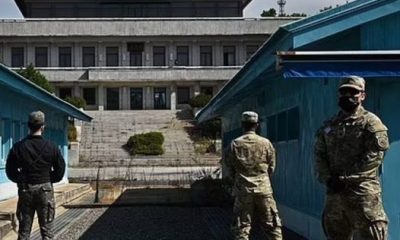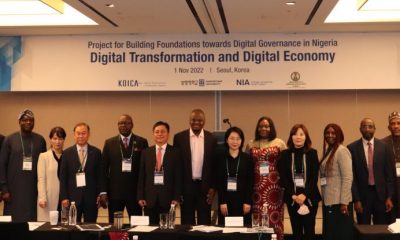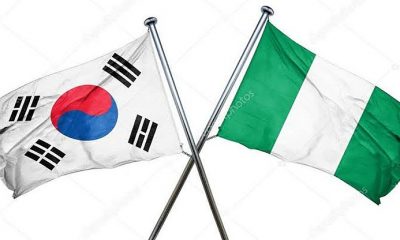The escalating trade dispute between Japan and its neighbor, South Korea is now threatening world’s tech supply chain, especially the supply smartphones across the globe.
Japan has officially removed South Korea from its list of trusted trade partners that receive preferential treatment for importing sensitive Japanese-made goods, as of August 28.
The list of goods includes chemicals that are crucial to producing the semiconductor memory chips found in most modern electronic devices. This means that Japanese companies will now have to apply for a licence to export the chemicals to South Korean companies, a process that could take up to 90 days.
With manufacturers reliant on the chemicals from Japan, any delay in their production could pose a significant threat to the country’s economy and the South Korean currency, the won, which has already dropped 8% against the US dollar this year.
From a global perspective, South Korea semiconductor giants Samsung and SK Hynix, which supply 60% of the world’s memory chips, have warned that they can’t rule out production disruption if the Japanese export restrictions remain in place. Any delay to supply could cause serious disruption to global tech supply chains and significantly impact other tech giants, like Apple and Huawei, who use memory chips and displays from Samsung.
The recent decision to remove South Korea from trusted trade partner status originates with a South Korean high court ruling in October 2018. The court ordered Japanese companies to compensate individual victims of forced labour including the “comfort women” – Korean women taken as sex slaves and forced to work in war-time brothels.
Japan insists that most of the necessary compensation was settled as part of a US$500m payout under a treaty signed in 1965 and then a new agreement that was reached in 2015. But the current South Korean president, Moon Jae-in, created a taskforce in 2018 which concluded that the 2015 agreement did not reflect the opinions of the victims, especially their demand that Japan admit direct responsibility.
Tokyo refuses further discussion of this issue and the bilateral relationship has continued to deteriorate.
The dispute is an emotional one for both countries. Thousands of South Korean protesters have marched on the Japanese embassy in Seoul, to express their displeasure at being downgraded as a trading partner. Many South Koreans have also vowed to boycott Japanese products, and there are reports that petrol station operators have been urged to stop refuelling Japanese cars.
Both Japan and South Korea are integral to the world economy and disruptions will have spillovers that will go beyond the two antagonists. The most immediate threat is to the global tech supply chain, but any slowdown increases the likelihood of a worldwide recession.

 Comments and Issues2 days ago
Comments and Issues2 days ago
 Business6 days ago
Business6 days ago
 Business1 week ago
Business1 week ago
 Business1 week ago
Business1 week ago
 Business5 days ago
Business5 days ago
 Education7 days ago
Education7 days ago
 News6 days ago
News6 days ago
 Comments and Issues5 days ago
Comments and Issues5 days ago















